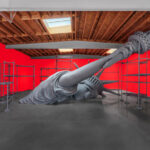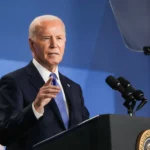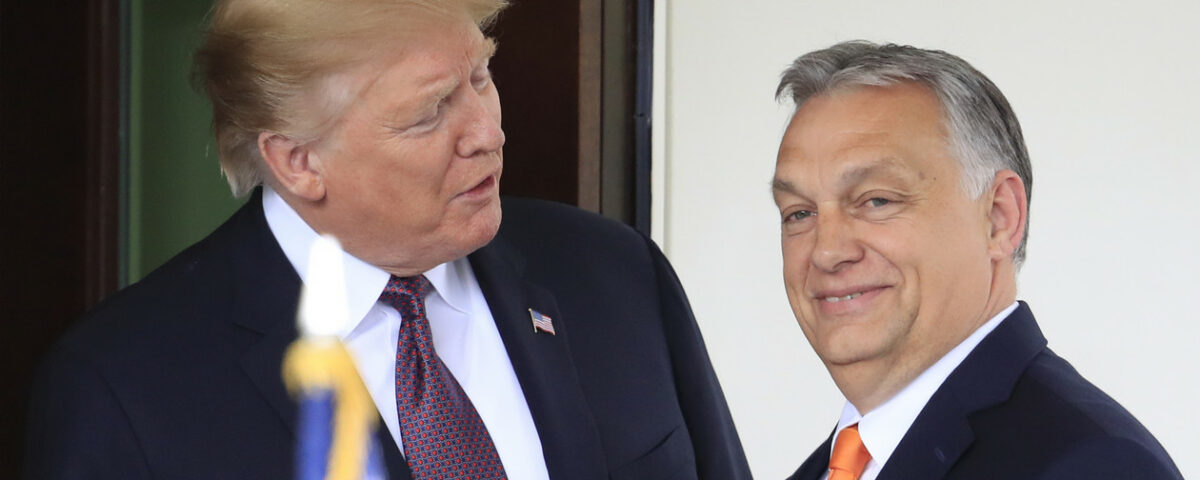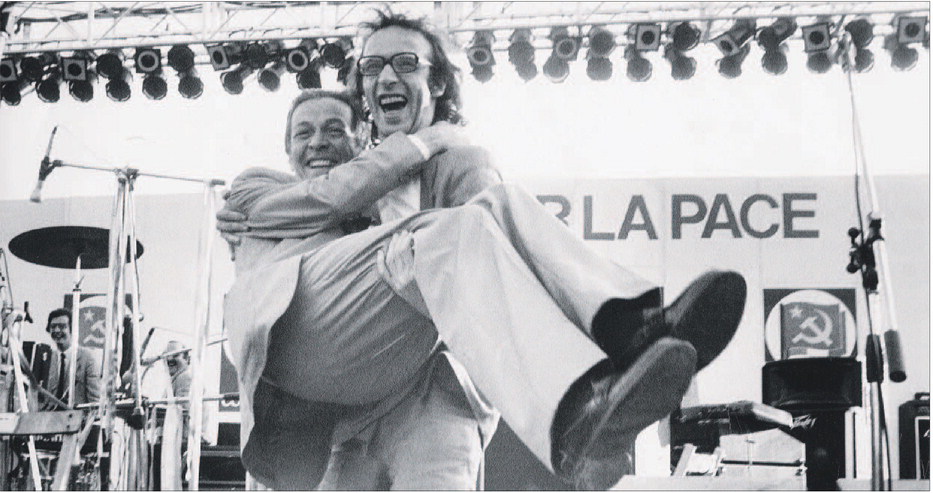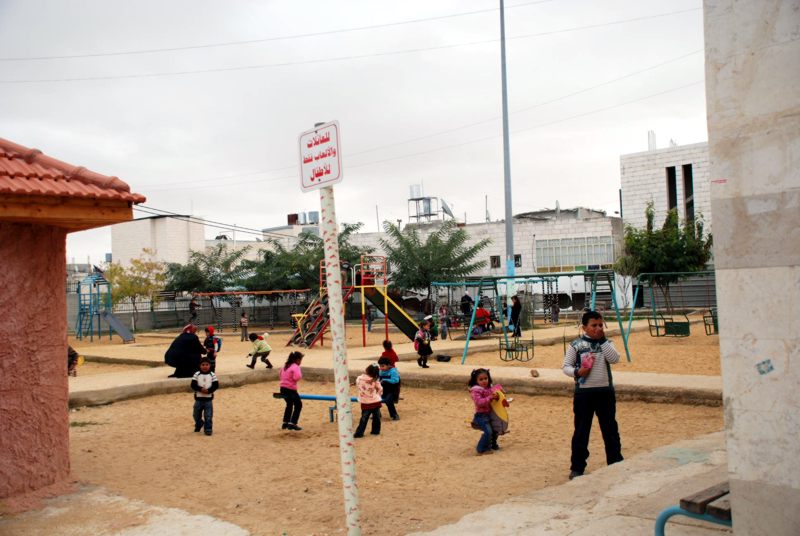The general message they’ve heard so far is, yes, nations must spend more on their defense but Trump will back the alliance and Kyiv’s fight against Russia — even as news emerges that Trump is considering cutting back on intelligence sharing with Europe if he gets back into the Oval Office.
“It won’t be that bad,” said a senior European official who had just met former Trump administration officials. “Trump will be more focused on retribution against his political opponents than NATO. NATO will survive.”
The official pulled out a cellphone to display a Trump TRUTH post from Tuesday as evidence that Trump isn’t as hostile to NATO as he seems. “If it weren’t for me as President, there probably would be no NATO by now,” Trump wrote in the post, but added: “The U.S. is paying most of the money to help Ukraine fight Russia. Europe should at least EQUALIZE!” The Trump campaign separately pointed POLITICO to the same post.
But that call to “equalize” also is exactly the kind of comment foreign allies are trying to get in front of and maybe sway Trump to a less combative stance. Some officials have already started tailoring their transatlantic messaging to please Trump, comparing paying golf club dues to allies contributing their fair share to the alliance.
“NATO is a club. When you have club rules, then you respect the rules and you expect that everyone will also respect the rules,” Estonian Defense Minister Hanno Pevkur said at a POLITICO event this week. “When you pay your fee in the golf club, you can play. It doesn’t matter how big is your wallet.”
In a separate interview at the summit, Pevkur said it was premature for Europe to start making contingency plans for Trump’s return. “My advice is not to speculate. My advice is to wait for the election results to see what the actual policy will be. Because one thing is a political campaign, and the other thing is when you’re in the office. So let’s wait for that and then we can make some improvements.”
Andriy Yermak, the head of Ukrainian President Volodymyr Zelenskyy’s office, told POLITICO on Monday that it was important for his country to maintain strong bipartisan relationships. Without Republican support, he said, Biden’s $60 billion military assistance package wouldn’t have made it through Congress, even if it took six months to pass. He did not say if he had met with any Trump representatives.
The Trump question has dominated conversation in and around the NATO Summit, even as whispers about Biden’s fitness persisted. “You can just sense the genuine worry about where the U.S. will go,” said a senior European diplomat from a NATO country. “Stability in the U.S. is so important to us, and everything feels so uneasy.”
The summit started off with a remarkable Biden-Trump split screen. In Washington on Tuesday, Biden delivered a forceful address touting the strength of NATO and its support for Ukraine. “Today, NATO is more powerful than ever,” Biden told dignitaries gathered at the Mellon Auditorium, the same place NATO’s founders signed the charter in 1949.
Meanwhile, Trump told rally-goers in Doral, Florida, that “I didn’t know what the hell NATO was too much before” he became president. “But it didn’t take me long to figure it out, like about two minutes, and the first thing I figured out was they were not paying. We were paying, we were paying almost fully for NATO, and I said that’s unfair.”
Discussions before the summit centered on the need to “Trump proof” NATO and Ukraine policy should the Republican return to power. Republicans and Trump allies have warned in response that loud talk of protecting the alliance against the former president might have the opposite effect.
“It reinforces negative perceptions of the transatlantic policy community among President Trump’s supporters,” said Alex Gray, a former top National Security Council official in the Trump administration who isn’t affiliated with the Republican’s campaign.
Bolton, the former national security aide, said such efforts are “badly mistaken.”
“Do they think Trump’s people aren’t going to find out what they’re doing? They’re shoving it in his face. Do they think they’re making him like NATO more? They’re making things worse,” he said.
But even with the specter of Trump looming, most European officials say they remain focused on strengthening the transatlantic relationship with the administration that’s still in power. “It helps,” a senior NATO official said, “that there’s one government at a time.”
Nahal Toosi and Stuart Lau contributed to this report.

